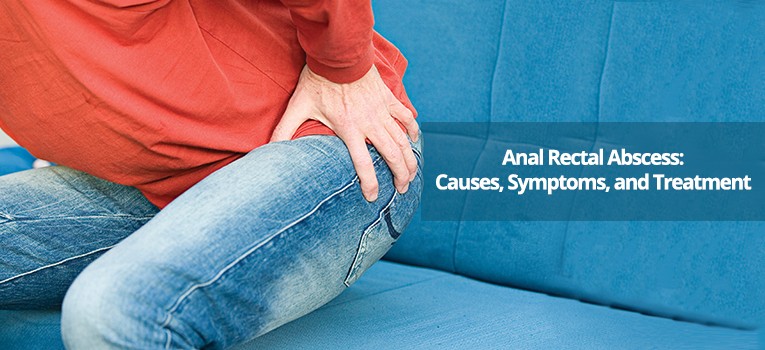Anal abscess forms in the anus or rectum when a cavity in the anal area gets filled with pus. This condition can cause severe pain, fatigue, fluid discharge, chill, and fever. In certain cases, the anal abscess can turn into a highly painful anal fistula. Fistulas generally happen when the abscess tears open on the skin surface. If an anal abscess does not heal by itself, then immediate surgical drainage of the abscess will be required.
Causes behind an anal abscess
The following conditions usually lead to an anal abscess:
- A small cavity in the anal canal, which becomes infected. .
- Infections transmitted during anal intercourse.
- Blocked glands in the anal area.
If an anal abscess is left untreated, then over time the problem can develop into Crohn’s disease, ulcerative colitis, diabetes, or inflamed pelvic muscles. You will find Neoalta’s overview of anal abscess and anal fistula in this link.
Symptoms of an anal abscess
The common symptoms associated with anal abscesses may be:
- A throbbing pain in the anal area, which increases in the sitting posture
- Swelling, redness, or tenderness of the skin surrounding the anus
- Pus discharge from the anus
- Severe Constipationor painful bowel movements
- Chills and fever
Treatment Procedure for an anal abscess
Usually doctors use both a clinical exam and a digital rectal exam to detect an anal abscess. However, additional diagnostic tests may be required to diagnose the presence of sexually transmitted infections, inflammatory bowel condition, diverticulitis, or rectal cancer.
In case of an anal abscess, immediate surgical drainage is required to prevent a rupture in the abscess leading to widespread infections. A small fistula can be treated in a doctor’s chamber under local anesthetic. A larger or more infected abscess will require that the patient is hospitalized and the surgical drainage happens in the presence of an anesthesiologist. Usually fistulas develop several weeks or months after a surgical drainage. So, a fistula has to be surgically removed in a separate procedure.
After the surgical drainage of an anal abscess, most patients are prescribed medicines for pain management. Additionally, antibiotics are prescribed for patients who are suffering from diabetes or low immunity. Patients are also advised to soak the affected anal area in a Sitz bath up to four times a day. For a few days, stool softeners can help during painful bowel movements. Some sort of a gauze pad can prevent the drainage from spoiling the clothes.
Probable post-surgical complications
Here are some common problems that crop up after surgical drainage of an anal abscess or a fistula surgery:
- Anal fissure, which is a small tear in the skin that lines the anus
- Infection in the anal or rectal areas
- A recurring anal abscess
- Scarring
Find out more about an anal fissure . If an anal abscess or anal fistula heals properly, then there is little chance that the problem will recur. The best advice for a patient is to meticulously follow the doctor’s instructions.




